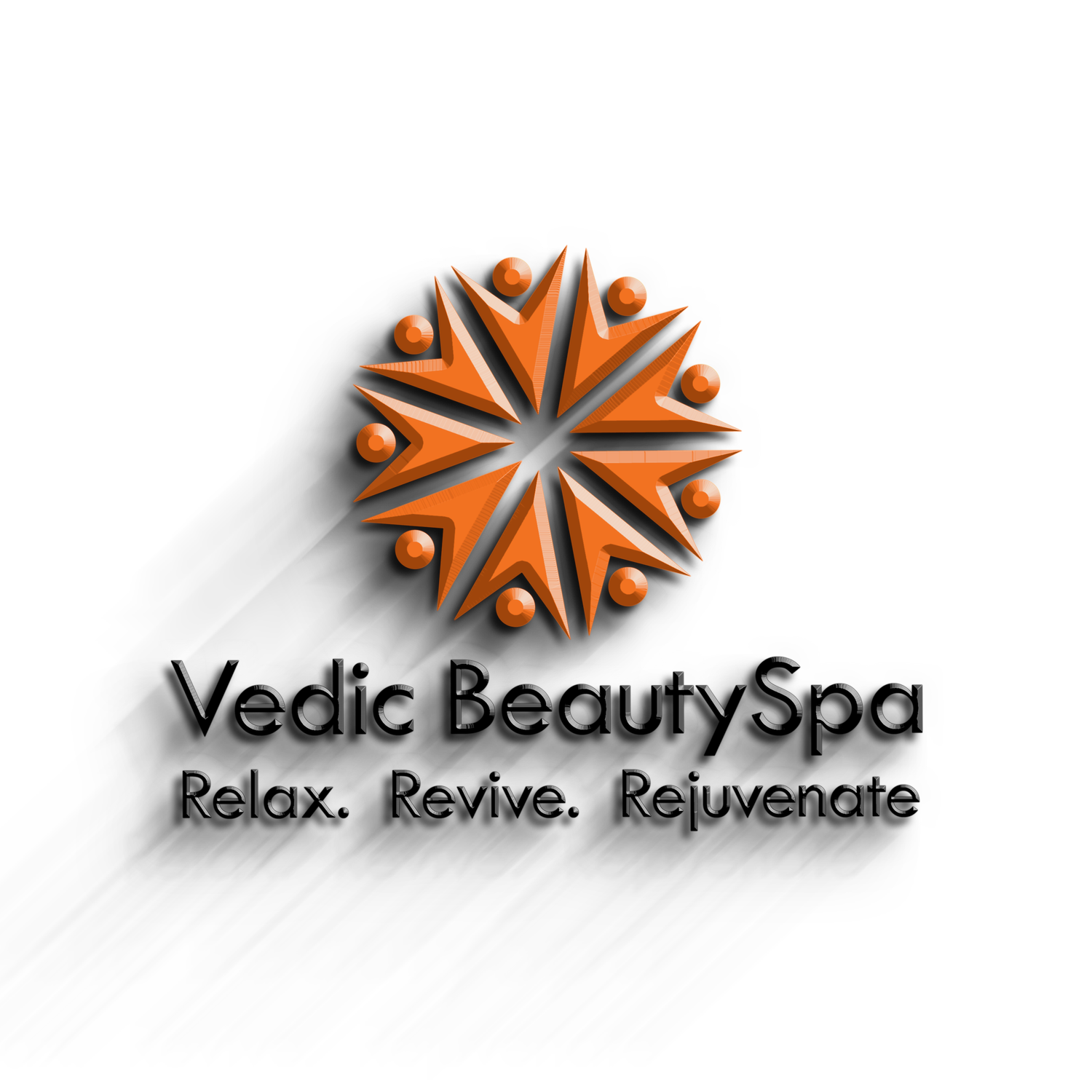Are Environ’s vitamin A formulations safe to use during pregnancy?
As experts in professional skincare, Environ is frequently asked about the safety of applying skincare products containing vitamin A during pregnancy. It seems that many expecting mothers are advised to avoid using vitamin A based products, especially in the first trimester of pregnancy, to reduce the risk of harm to the foetus.
Based on scientific facts, it is extremely unlikely that topical cosmetic vitamin A skincare products could pose a health risk or a risk to pregnancy because the active molecules are not absorbed into the bloodstream. This is not the same as taking vitamin A orally where absorption into the bloodstream is part of the natural biological process.
How does vitamin A work in the skin?
Here are the facts.
Once the cosmetic vitamin A skincare products is applied to the skin and absorbed, it is trapped in the skin. Humans do not have the enzyme systems to transfer vitamin A from the skin into the bloodstream.
We should always remember that one of the most important functions of the skin is to protect the body against harmful external influences and therefore, like so many other chemicals, only a small percentage of vitamin A active molecules are actually absorbed in the skin. According to COPILA (The European Cosmetic and Perfumery Association), less than 6% of skincare products are able to penetrate the skin’s natural protective barriers.
The most common cosmetic formulations with vitamin a contain retinyl palmitate, retinyl acetate, retinyl propionate or retinol. (Retinoic acid is only permitted in medical formulations and is not used by Environ). If any of these cosmetic forms of vitamin A is applied to the skin, some of it will get into the interstitial fluid around cells and will be absorbed into the cell itself as retinyl palmitate. This is the natural storage form of vitamin A inside the skin, and where it remains until further metabolised in the skin when required.
During December 2021, the Scientific Committee on Consumer Safety Commission in the EU conducted that vitamin A in cosmetics, at the specified regulated concentrations is safe. It is important to be mindful rather of vitamin A contributions from other sources such as food, food supplements, medicines etc.
Environ’s Essential skincare ranges containing vitamin A are deemed safe to use during both pregnancy and lactation. However, during pregnancy, the skin’s response to cosmetics may change due to the hormonal changes taking place in the body. It is recommended that you use lower levels of vitamin A or discontinuing the use of vitamin A if the skin is too sensitive, especially during the first trimester. If you have paused your daily vitamin A moisturiser during pregnancy or for a period of time, it is recommended that you re-introduce vitamin A at a low concentration and step up gradually under the guidance of your Skincare Professional.
Retinyl palmitate (natural storage form of vitamin A found in the skin) cannot cross the placental membrane, whereas all-trans-retinoic acid and its isomer cis-retinoic acid, as well as retinol can cross the placental barrier. This is how the foetus is naturally supplied with vitamin A which is essential for the normal development of the foetus. This is a naturally occurring process and further illustrating the safety of topical cosmetic forms of vitamin A (Retinyl Palmitate) in pregnancy. We know vitamin A is responsible for normal cellular and DNA activity. So, it seems an excellent case for showing that women need vitamin A supplementation in pregnancy.
We do not need to be concerned about cosmetic skincare applications of vitamin A during pregnancy. I also believe we do not have to worry about products containing retinol because the total amount of vitamin A that gets down into the skin is only a tiny fraction of which is applied. That dose is generally insignificant when compared ti the total daily oral consumption of vitamin A.
Environ will always recommend consulting your Medical Professional as well as Skincare professional for guidance on a safe and effective Environ skincare routine.
- Article courtesy “Dr. Des Fernandes, Environ Skincare”.
